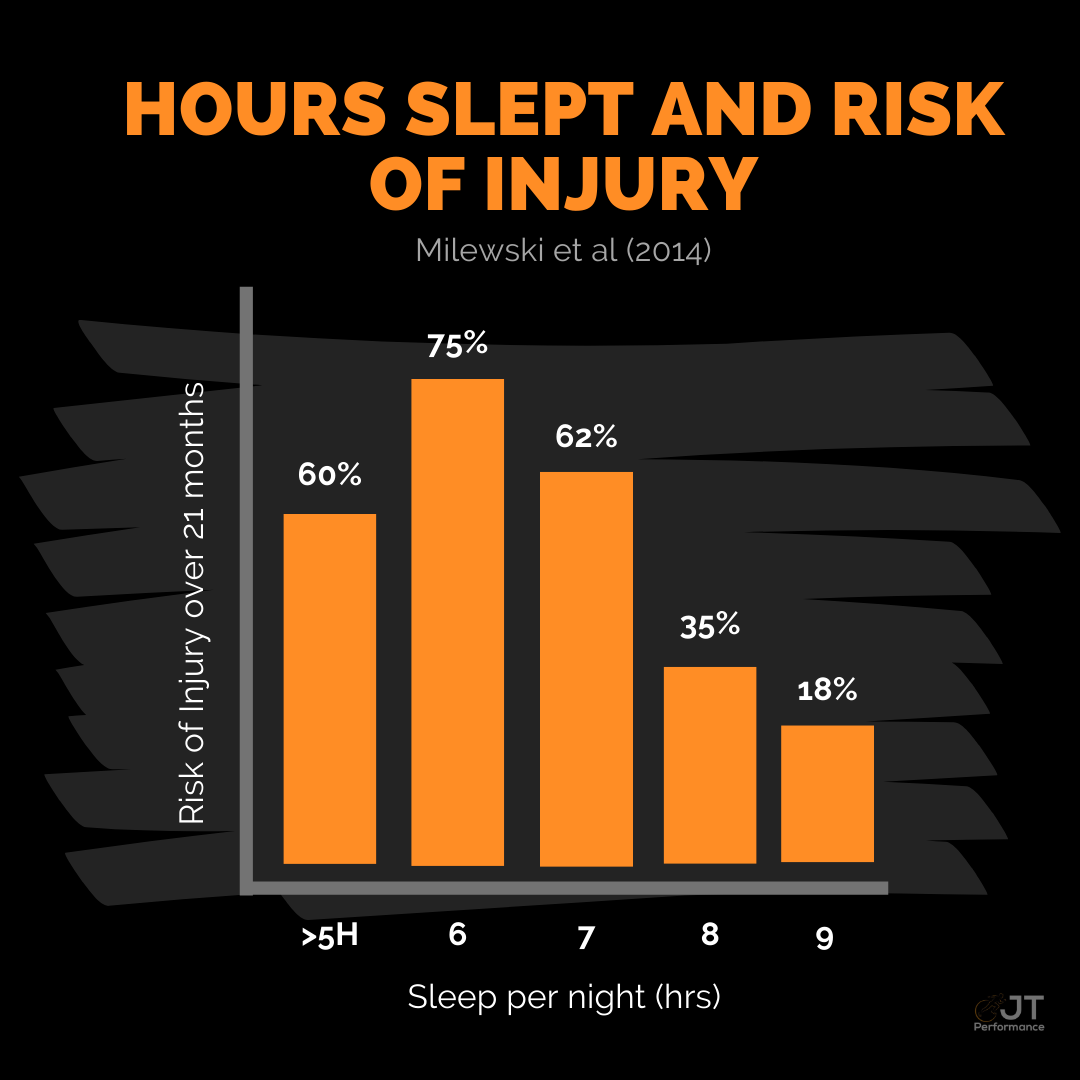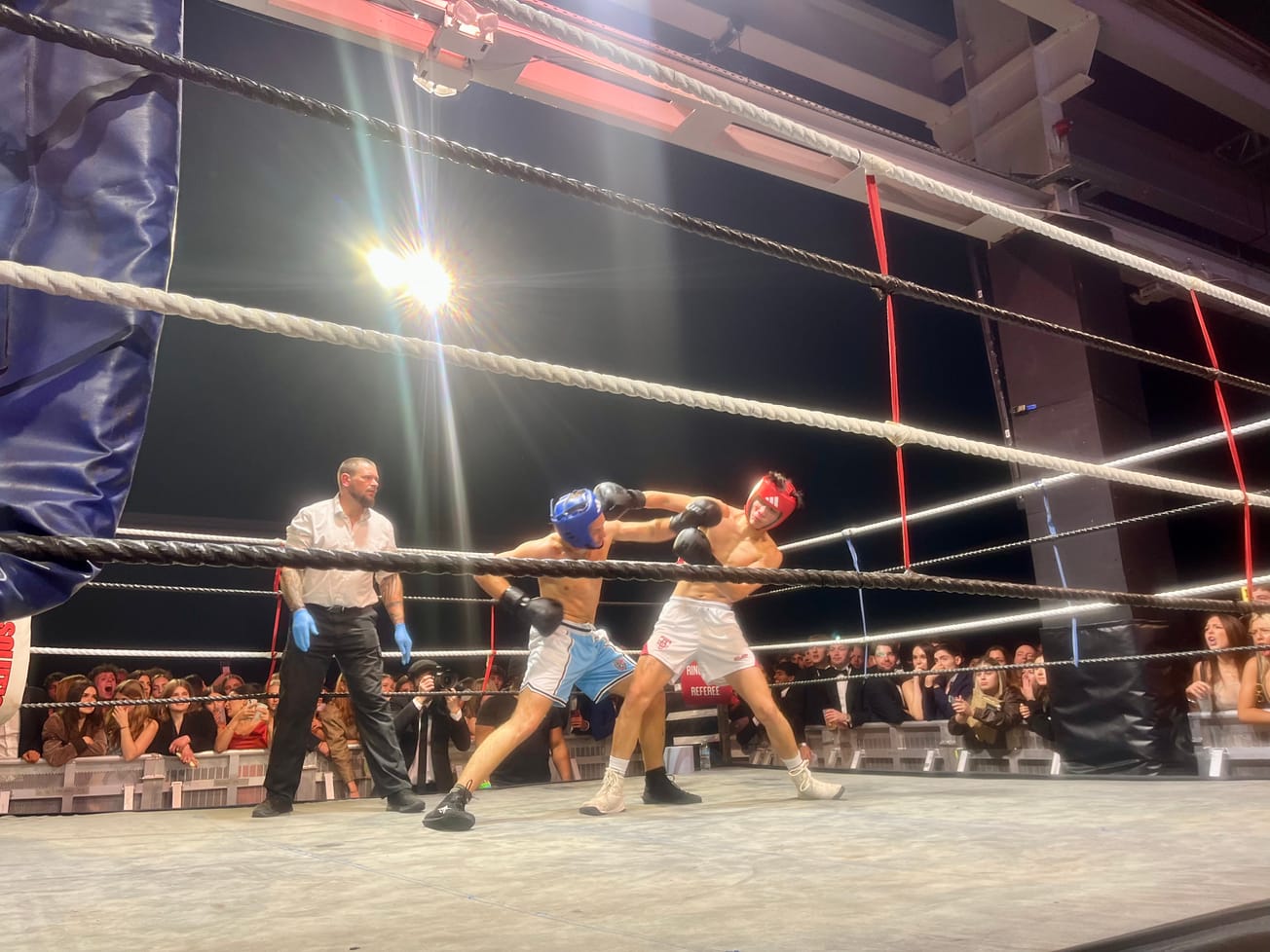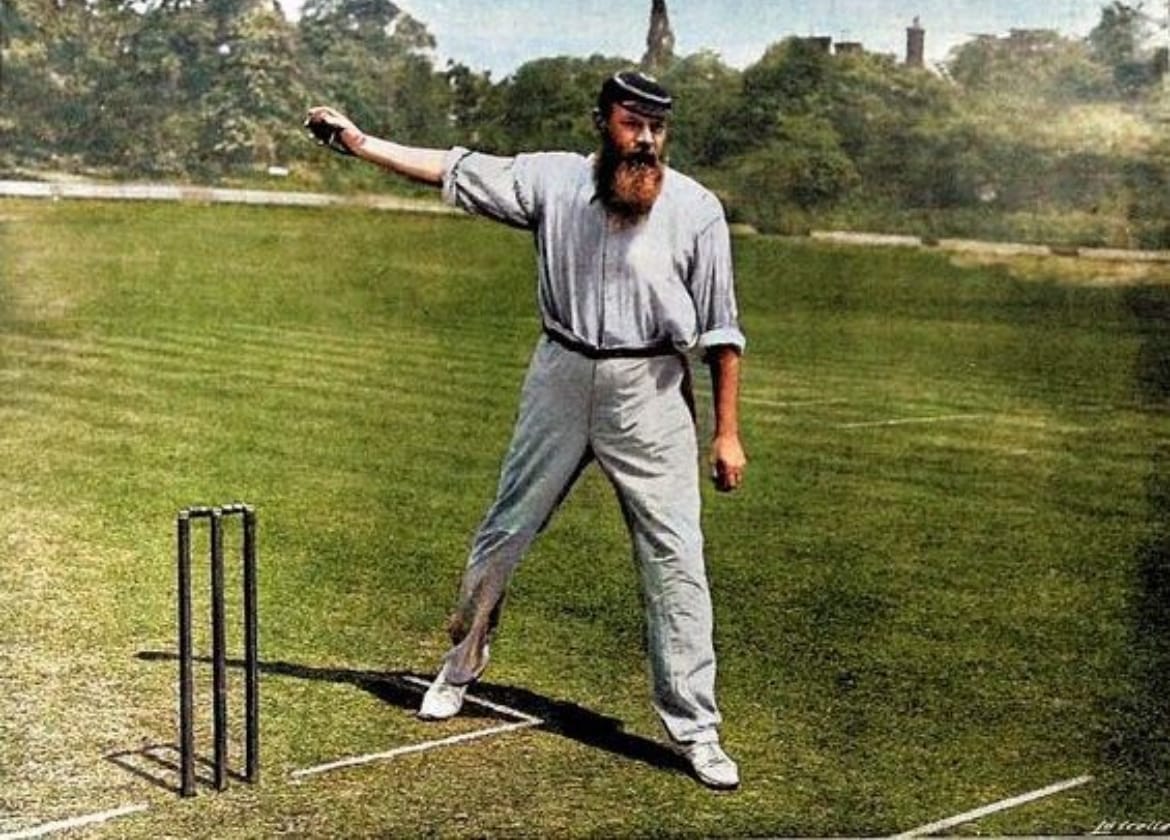By Weronika Lecka, French and Spanish, First Year
As we are nearing the end of TB1 at Bristol and the Christmas break, it is important to outline the importance of rest and recovery for both our athletes and students. With the Christmas break being from the 16th December to 3rd January, there is plenty of time to recharge from the exhausting period of matches, training and working - even if you are not going home during this time.
Many athletes, due to competition and pressure experienced in their sport, may believe that excessive and continuous training will help them succeed. Whilst training is very important, there needs to be a balance so that the body isn't overworked. Over time, excessive training of the body can lead to burnout, which can be defined as a 'physical or mental collapse caused by overwork or stress, accompanied by decreased motivation, lowered performance and negative attitudes towards oneself and others,' meaning that if athletes don't rest and recover, their body almost forces it to through these symptoms. Of course, a hardworking and determined attitude is encouraged, and taking the time to practice different skills is important if you want to be successful, however you will never be at your best if you don't let your body recover after any training sessions or matches.
'Rest is as important as training hard and that sometimes we get too focused on performing our best that we forget to rest, and this can have a counterintuitive effect. Personally, I love and practice many sports (competitively and for fun), with football being their best one, but I always remind myself to listen to my body and take a break to come back even stronger.' - Sports Activator and ex-UBWFC player An
Additionally, we have seen recently that excessive exercise on the body has been able to cause injuries. Whilst the BUCS schedules may not be as excessive as the Premier League, Champions League and UEFA leagues combined, it is still important to address this idea since no athlete wants to be sidelined due to injury. Some professional footballers such as Rodri (Manchester City, Spain) have called out their excessive schedules, and coincidentally, he was side-lined with a season-ending ACL injury shortly after. A similar thing has happened to Gavi (FC Barcelona, Spain), who suffered an ACL injury after playing multiple consecutive matches for Barcelona and the Spanish national team, side-lining him for almost a year. Whilst the BUCS/Intramural/social sports aren't as excessive, it is still important to address that if you overwork yourself, then there is a higher chance of injury. To some extent you can take advantage of this, as since you may not have as many matches as professional athletes, you have more time to relax and do things that you may enjoy - such as spending time with family or going out with friends. Like with UBWFC, most teams have 2 training sessions per week, including a mid-week game, so the days without football during the week can be used to recover.

An important way of recovering is through sleep. It helps us rest and has an influence on multiple different things on our body, such as our mood. If we don’t sleep enough, we become more easily annoyed and react to things more than we normally would. Over long periods, not sleeping enough can cause mental health problems like anxiety. While mood may not be the most important thing to performance sports, a good mood can influence our attitude when playing and it can also influence our attitude towards teammates and coaches. A good attitude can help improve team morale and positivity in training and matches. A lack of sleep can also reduce one's ability to concentrate, think and analyse important information, which are all critical when playing sports. For example, a football goalkeeper needs to be alert throughout the match in order to stop incoming shots - if they are sleepy and not attentive, then they will be less likely to be able to follow the game, position themselves correctly and react quickly. It is suggested that young adults should be sleeping 7 or more hours per night and it is most effective when sleeping routines are established. The upcoming Christmas break might be a perfect excuse for you to catch up on your sleep and establish a healthy routine, especially since you won't have any revision or assessments to do.
We have also asked UBWFC goalkeeper Betty for the way injuries have impacted her attitude towards rest and recovery.
There was a period where I was playing football 8 times a week, and over time that resulted in picking up small injuries, which I ignored. Over time because I didn’t take appropriate rest, they got worse and ultimately I had to take a year out of the sport. Since then, I have cut back the amount of football she plays, and also started prioritising low impact forms of exercise, that help with injury prevention - such as pilates and yoga. I also take rest days more seriously. One thing that stuck with me was advice I got from a PT, who said that if you have trained 3 days in a row, you should probably take a day off, but if you have had 3 days off, then you should be good to go for a training session.
The night before a match I prioritise sleep, especially as being a goalkeeper, being tired makes your reactions a bit slower, which is not ideal. In terms of after a game on Wednesday, I would never do anything intense on a Thursday, maybe sometimes yoga or foam rolling.
Even our immune systems can be affected if we don’t have enough sleep. Playing any matches when you are ill isn't ideal as you are in a weaker state and don't have enough strength to play to your best ability. Also, according to healthline, rest and recovery are necessary for avoiding exercise-induced fatigue, as exercise depletes the muscles’ glycogen levels. If they aren’t replaced, you’ll experience muscle fatigue and soreness. Muscles need glycogen to function even when you’re not working out, so by getting adequate rest, you’ll prevent fatigue by letting your glycogen stores refill.
Even if you are staying in Bristol over the Christmas break, you will have around 3 weeks to recover and recharge from the intense months of TB1. Good ways to relax over Christmas are:
- Getting in touch with family or friends
- Catching up on sleep
- Visiting different restaurants and cafés
- Exploring areas of Bristol, your local area or any place you visit on holiday
- Catching up on TV shows, films or books
- Exploring nature such as going for walks, cycles or hikes.
- Anything else that you find relaxing and that you enjoy
Everyone has their own way of relaxing and spending time, so this isn't an instruction guide of how athletes and students should spend their time, however it must be emphasised that rest and recovery should be included in everyone's schedule and routine, no matter what sport or involvement.









